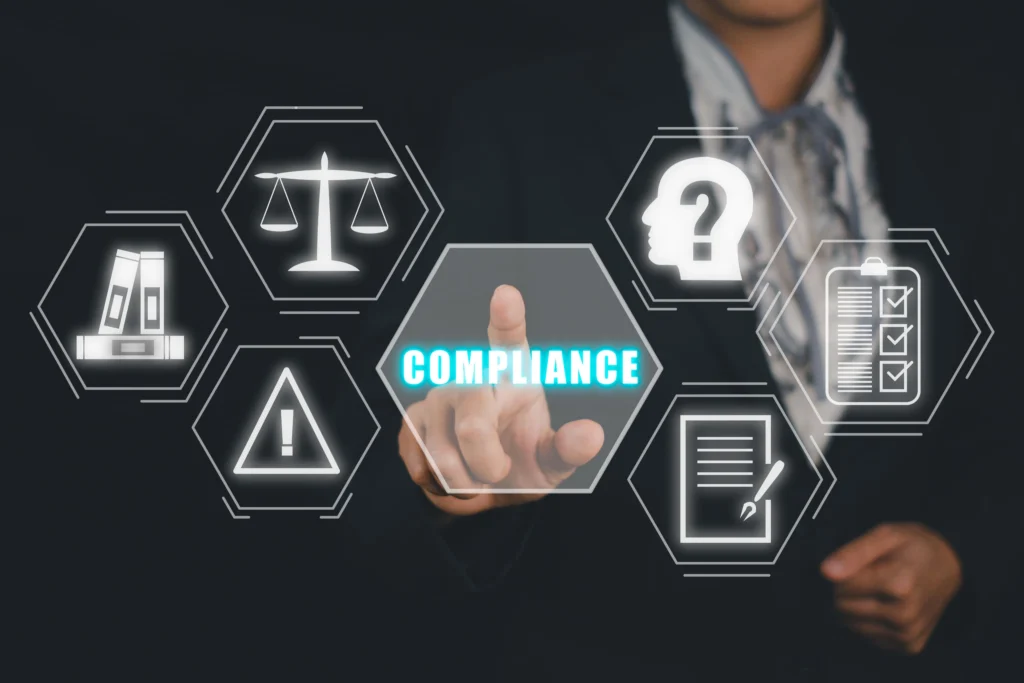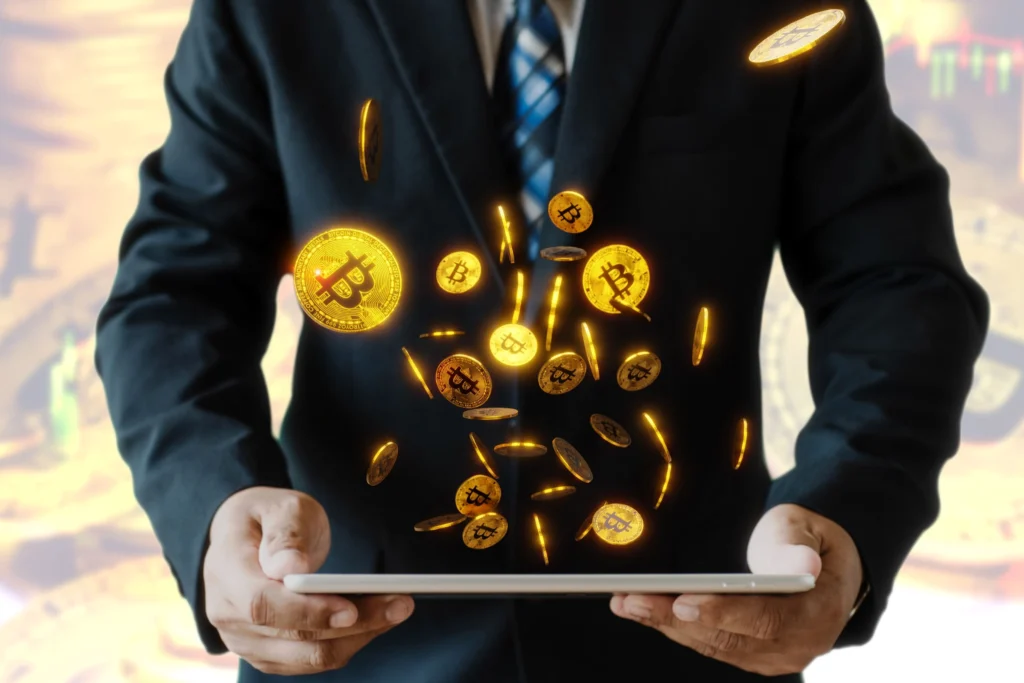Introduction
In today’s digital landscape, brands live and die by what’s said about them online. Customers, investors, and regulators don’t just listen to official statements—they look at reviews, forums, social media, and search engines to decide whether to trust a business.
The challenge? Most reputation attacks don’t begin with breaking news on major outlets. They start small: a critical Reddit thread, a fake Trustpilot review, or a misleading Telegram post. Left unchecked, these whispers can spiral into viral narratives that damage credibility and cost millions.
That’s why brand monitoring is the backbone of Online Reputation Management (ORM). It provides the visibility needed to detect threats early, respond effectively, and build trust by showing your audience you’re engaged, transparent, and proactive.
The Importance of Brand Monitoring
- Early Detection Prevents Escalation
A single complaint can often be resolved privately—before it escalates into a PR disaster. Without monitoring, brands risk only learning about issues once they’ve already gone viral. - Protecting High-Stakes Industries
- Crypto: A rumor of fraud can sink token value overnight.
- iGaming: A single “rigged casino” accusation can deter thousands of players.
- Global Brands: Viral complaints can damage years of brand equity in days.
- Crypto: A rumor of fraud can sink token value overnight.
- Demonstrating Responsiveness
Customers trust brands that engage quickly. Monitoring ensures no complaint, mention, or review goes unanswered.
What to Monitor
Effective monitoring requires tracking more than just your brand name. Key elements include:
- Search Engines
- Google, Bing, and AI-driven summaries (Google AI Overviews, Bing Copilot).
- Branded keywords, executive names, and product names.
- Google, Bing, and AI-driven summaries (Google AI Overviews, Bing Copilot).
- Social Media
- Twitter/X, LinkedIn, Facebook, Instagram, TikTok.
- Emerging platforms where misinformation can spread quickly.
- Twitter/X, LinkedIn, Facebook, Instagram, TikTok.
- Review Platforms
- Trustpilot, App Store, Google Reviews.
- iGaming-specific forums and player watchdog sites.
- Trustpilot, App Store, Google Reviews.
- News & Blogs
- Global and local media outlets.
- Niche crypto and gaming blogs.
- Global and local media outlets.
- Private Communities
- Telegram groups, Discord servers, Reddit threads.
- Spaces where misinformation spreads fastest.
- Telegram groups, Discord servers, Reddit threads.
Technology in Brand Monitoring
Manual tracking is impossible. Modern ORM uses AI-driven monitoring tools capable of scanning thousands of sources in real time, across languages and regions.
- AI-Powered Scanning
Identifies brand mentions—even in slang or foreign languages. - Sentiment Analysis
Detects whether mentions are positive, neutral, or negative. - Real-Time Alerts
Notifies reputation teams the moment suspicious content appears. - Data Dashboards
Centralized view of brand health across platforms.
From Monitoring to Action
Monitoring is useless without action. Once harmful content is detected, ORM teams follow a structured process:
- Verify the Claim
Determine whether it’s legitimate feedback or fake/malicious content. - Classify the Threat
- Low risk: a negative review from a real user.
- High risk: viral misinformation or defamatory content.
- Low risk: a negative review from a real user.
- Craft a Response Strategy
- Legitimate issues → resolve and respond with facts.
- Fake reviews → challenge removal with platforms.
- Defamatory attacks → escalate to legal and suppression teams.
- Legitimate issues → resolve and respond with facts.
- Close the Loop
Ensure the customer, investor, or community sees the resolution. Transparency builds long-term trust.
Proactive vs Reactive Monitoring
- Reactive Monitoring: Responding after a problem appears. Essential, but always playing catch-up.
- Proactive Monitoring: Anticipating threats by consistently engaging in forums, publishing positive content, and maintaining an active digital presence.
Example:
- A crypto project that consistently updates its community on Telegram reduces the chance of rumors taking hold.
- An iGaming brand that participates in forums can counter bias before it spreads.
The ROI of Brand Monitoring
- Revenue Protection
Prevents false rumors from driving away customers or investors. - Reduced Legal & PR Costs
Early resolution minimizes expensive crisis campaigns. - Customer Loyalty
Quick, transparent responses turn critics into advocates. - Competitive Advantage
Brands with better monitoring spot industry shifts, trends, and competitor moves faster.
Case Examples (Generalized)
- Crypto Startup
A false rumor about a liquidity issue began on Reddit. Brand monitoring tools flagged it within minutes. ORM teams issued an immediate statement, shared transaction proof, and calmed investor panic before major outlets picked it up. - Online Casino
A flood of fake reviews accusing a casino of rigged payouts appeared on Trustpilot. Monitoring systems triggered alerts; ORM specialists filed platform appeals and restored ratings within days. - Consumer Brand
A viral TikTok complaint about product safety gained traction. Thanks to monitoring, the brand responded directly with testing data, issued refunds, and published safety protocols. Result: narrative shifted from “dangerous product” to “responsible brand.”
Q&A
Q: Isn’t monitoring just “listening” on social media?
A: No. Effective monitoring tracks across search engines, reviews, forums, blogs, and private groups—not just Twitter and Facebook.
Q: Can monitoring prevent crises?
A: Yes. Early detection often prevents small issues from becoming crises. It gives brands the chance to respond before harmful narratives go viral.
Q: Is monitoring useful only for big brands?
A: No. Startups and mid-sized companies are often more vulnerable since one attack can define their entire reputation.
Conclusion
Brand monitoring is the first line of defense in Online Reputation Management. Without it, brands are blind to attacks until they’re already viral. With it, they gain the power to detect threats early, respond strategically, and build long-term trust.
In industries like crypto and iGaming, where reputation is fragile and competitors play dirty, monitoring isn’t just smart—it’s survival.


